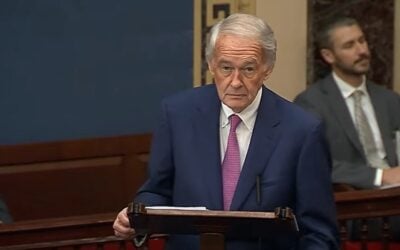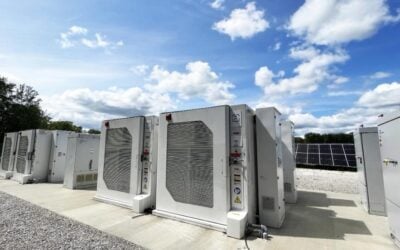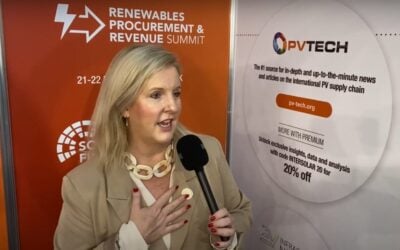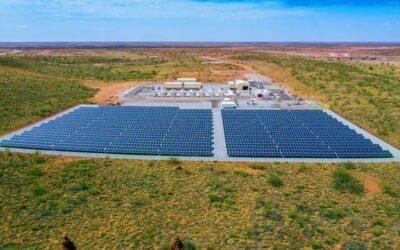Storage only qualifies for the ITC if installed at the same time as solar, at present. Image: Southern California Edison.
A bill introduced in Congress last week that could apply an energy investment credit for storage systems in the US, has been welcomed by the US Energy Storage Association (ESA).
Matt Roberts, executive director of ESA, sent a statement to Energy-Storage.News about the introduction into Congress of “H.R.5350 - To amend the Internal Revenue Code of 1986 to provide for an energy investment credit for energy storage property connected to the grid, and for other purposes”. Roberts said the bill, also referred to as the Energy Storage Act of 2016, could support the use of the Investment Tax Credit (ITC) scheme, currently applied to solar, to stimulate activity in the energy storage space for "all types of advanced energy storage".
Enjoy 12 months of exclusive analysis
- Regular insight and analysis of the industry’s biggest developments
- In-depth interviews with the industry’s leading figures
- Annual digital subscription to the PV Tech Power journal
- Discounts on Solar Media’s portfolio of events, in-person and virtual
The bill was sponsored by a California Representative, Michael Honda, whose congressional district includes Silicon Valley. The legislation stands at its earliest stage, with introduction into Congress to be followed by it passing the House, then Senate, before being put before the President and then into law.
While the content of the bill was still being prepared for submission to the Congressional website and was not yet available to view, it is understood that it suggested funding mechanisms and criteria for supporting energy storage. The bill has garnered support from figures on both Democrat and Republican sides, with Honda joined by Republicans Chris Gibson and Tom Reed as well as fellow Democrat Mark Takano.
It is also known that the bill the four congressmen introduced is intended to increase access to investment capital for storage and to help it be deployed as a standalone resource or as part of microgrid or renewable energy systems, in competitive markets.
Act "would unlock competitive access to investment"
“The bipartisan Energy Storage Act of 2016 would unlock competitive access to investment in a more resilient and efficient modern electrical grid by expanding the investment tax credit (ITC) to include all types of advanced energy storage,” Roberts of ESA said.
The ITC is designed to improve the competitiveness of American industry and innovation, while boosting national energy security. Meeting this criteria, “safe, reliable” energy storage systems could help boost productivity and economic growth, according to Roberts.
“In addition, widespread deployment of storage on the grid and in our homes and businesses also leads to greater system reliability and resiliency, and every system installed more effectively balances the constant variations in generation supply and our increasingly dynamic peak demand,” Roberts said.
Thanking the four Representatives for their efforts to date, Matt Roberts said ESA looked “forward to working with Members of Congress to expand access to new private investment and competitive markets for energy storage”.
In other national-level US legislative activity, ESA policy expert Jason Burwen told Energy-Storage.News in a recent interview that the US national regulator, FERC, is currently conducting its own “systematic review” of the role of energy storage in wholesale markets. According to Burwen, this has been necessary due to rapid growth in the US energy storage market, with GTM Research citing 243% growth in 2015 alone, making it important for FERC to get a handle on the relevant issues at this stage.
“FERC is now convinced that there’s a very good chance that barriers to the participation of storage in the wholesale market could be leading to higher than necessary system costs, or the words they would use are 'unjust and unreasonable' wholesale rates.
"Basically FERC seems to be suggesting that they think there’s a very good chance storage will be a part of ensuring least cost solutions for reliability, for making sure markets are efficient and the like,” Burwen said.
Silicon Valley Congressman Mike Honda, who sponsored the early stage bill.






